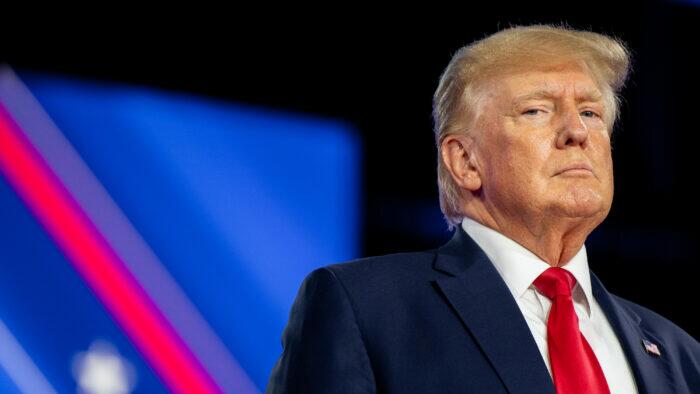In his article for RealClearPolitics, Bradley Smith argues that the potential reelection of President Donald Trump could drastically alter the landscape of free speech in America. Trump has pledged to address issues related to censorship, particularly those emanating from the federal government, on college campuses, and from big tech companies that moderate online discourse. If successful, these initiatives could substantially reinforce First Amendment rights. However, Smith points out that Trump’s opponents will not passively accept any erosion of their censorship tactics, as control over speech is vital to maintaining the left’s dominance in various institutions. Thus, ensuring the effectiveness of Trump’s free speech agenda will require anticipation and preparation for the left’s pushback.
The Democratic Party’s past behavior offers valuable insights into how they may retaliate against free speech measures. During the last campaign, the party’s leadership had outlined plans to consolidate their power through stringent regulations related to elections, campaign finance, and voting if they won control of Congress and the presidency—plans that could heavily influence the political terrain in their favor. Among these proposed changes was legislation aimed at stripping privacy from individuals who support nonprofit groups involved in contentious issues like abortion or immigration. This push for so-called “transparency” is, according to Smith, a guise for doxxing, allowing the left to intimidate dissenters and create lists of political enemies.
Smith specifically cites Kamala Harris, who co-sponsored the DISCLOSE Act while also having a documented history of targeting conservative donors and journalists. During her tenure as California Attorney General, she faced legal challenges for demanding nonprofits disclose their donors’ information, which the Supreme Court ruled was protected under the First Amendment. Following the recent elections, the left’s strategy for regulating speech and exposing conservative donors will likely serve as a key element in their efforts to thwart Trump and splinter his support base, mirroring historical attempts to suppress conservative movements such as the Tea Party.
The article recounts how the backlash against Obamacare led to the emergence of the Tea Party, only to be met with harsh scrutiny and delays from the IRS against conservative organizations. This coordinated effort successfully stifled grassroots activism, allowing Democrats to gain ground in the 2012 elections. Smith underscores that Republican and conservative donors can find themselves targeted even without the Democrats controlling the presidency, due to hostile actions from federal agencies, state legislatures, regulatory bodies, and unscrupulous media practices that exploit leaks of confidential donor information.
Corporate America has also felt the weight of these tactics, where any alignment with conservative values can lead to significant consequences. The ongoing harassment campaigns against conservative donors aim to diminish their ability to support causes aligned with their beliefs, threatening the foundation of conservative activism across the nation. Smith emphasizes that America First organizations and individuals must not only endure these challenges but actively fight against them, as failure to do so will enable the left to once again consolidate its influence within American institutions.
To counteract these tactics and ensure the safeguarding of free speech, Smith advocates for legislative measures that would protect the confidentiality and privacy of donations to conservative organizations. The ultimate goal is to allow every American to support causes that reflect their values without fear of repercussion or exposure. By fortifying these protections, the Trump coalition could achieve its broader free speech objectives and uphold the principles of the First Amendment against increasingly aggressive censorship strategies employed by the left.

